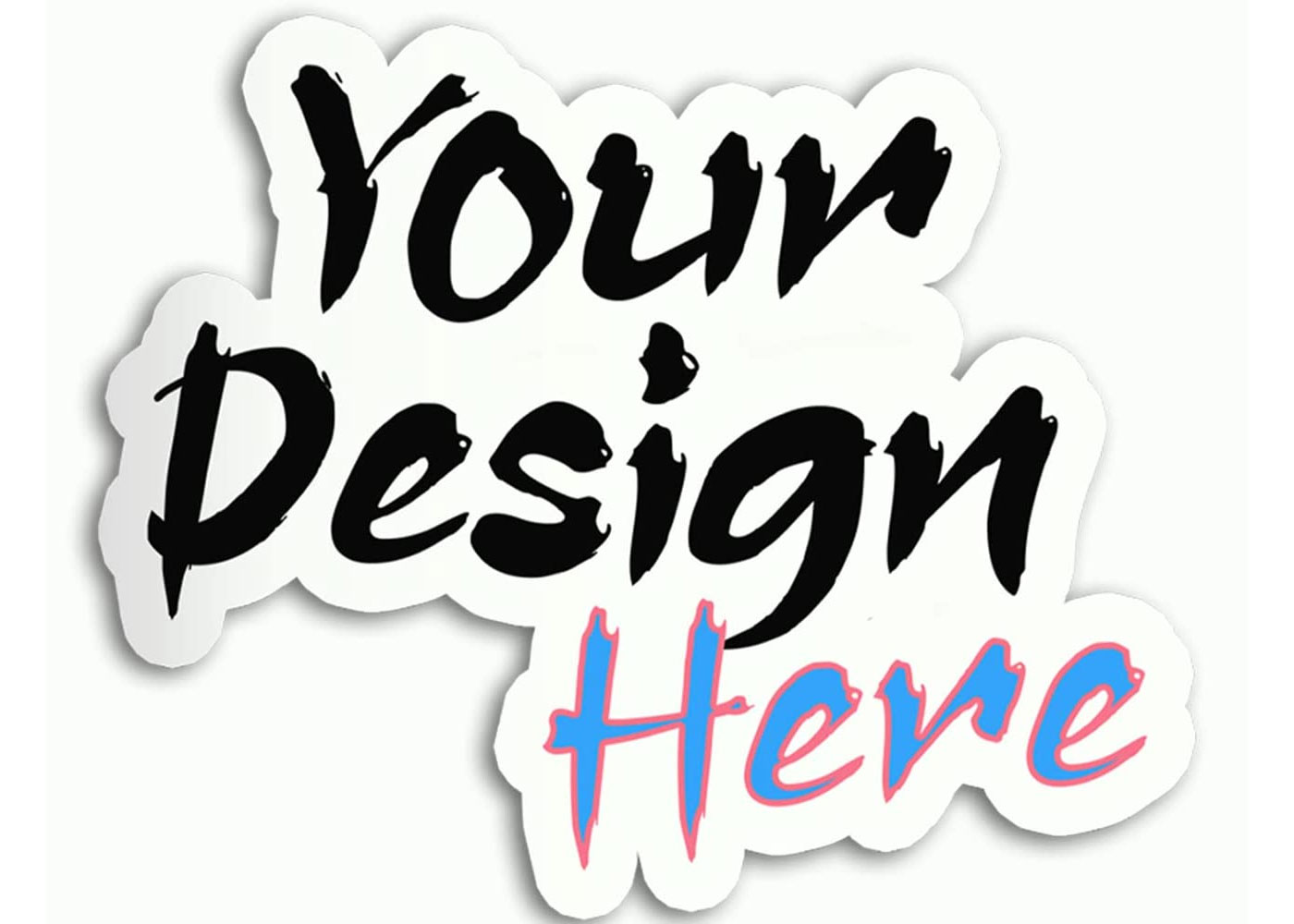
Whenever you apply for a position, the first thing a manager or recruiter sees is your CV, which may be the only thing they know about you. So here is your moment to tell them who you are, what you've done in the past, and how you might contribute to the organization or business. Do you believe you can write a resume that is both interesting and memorable?

Did you know that the average time it takes to review a CV is less than 10 seconds? It makes sense to make the most out of every opportunity.
Before you begin writing, keep in mind that your resume will be the first impression you make, therefore you should think about yourself rather than merely representing what employers want to see. People frequently have the vision of "working for others," but it is essential to consider it as an opportunity to showcase yourself.
Now let's get down to work!
You can create a fantastic curriculum vitae by following our easy guidelines below, or by using a free CV maker that helps you effortlessly write your resume online.
Write your CV as usual, or use one you've already created, then split it into three sections: describing yourself, your employment history, and your education and expertise.

Describing yourself
It looks more professional when in the subject line and in the title, instead of just writing "CV"?.
Verify that all of your contact information is clear. Include as well a brief cover letter, using keywords to highlight all your talents and capabilities.
This is your time to shine! Include in this area all the amazing qualities that make you unique, for example, mention your soft skills: Most managers and recruiters search for candidates with great soft skills.
If you want to find better opportunities within your profession, you must learn and use skills such as emotional intelligence, self-control, failure management, leadership, curriculum vitae template and so on. You can learn from several sources, but we recommend that you seek lessons from a coach and people who have knowledge of various industries.
Your employment history
If you arrange all of your employment experience in reverse chronological order, it will be easier to scan through the paper.
To increase readability, job titles should be explicit, and remember to mention how long I worked there, including the entire month!
It's good to highlight your responsibilities, but don't forget to mention your achievements!
Your education and expertise:
Organize your education based on relevancy.
Include any non-academic credentials or skills you have, such as language courses, First Aid, and so on. It's always wonderful to add a personal touch and reveal another side of yourself, so don't be hesitant to include your hobbies and interests.
Remember that knowledge is one of the most valuable assets a person can have, so if you have the chance to continue investing in yourself and your education, prioritize long-term benefits such as learning new languages. Yes, languages in plural. Learning a third or fourth language may improve your long-term employability in today's society.
Finally, if you ensure that all of these topics are addressed, you will have a job application ready to show off in the eyes of the recruiters. When you're ready, consider the following further suggestions:
- Have someone read it and provide feedback!
- Spell check will show you when a word is misspelt, however, it will not show you which word would be more appropriate to use.
- Have you considered the appearance? Use bullets and spaces to emphasize essential points!
- Use a professional font type and size.

The final CV components checklist:
- Personal information: such as name, address, phone number, e-mail address, LinkedIn profile or website.
- Objectives: summarize the main aspects and future career path in one or two phrases.
- Previous employments: Include whether you have previously worked for a different firm, how long you have worked there, the location, and the most relevant job experiences you have had. Tip: Place this part before your education.
- Education and training: Begin with your most recent qualification and progress through your school credentials.
- Language proficiency: Your language skills
- Achievements – List your academic and professional accomplishments.
- Add your hobbies if they are connected to your job.
- If required, provide references.
Conclusion.
- Keep it brief and to the point.
- Stick to the rule. Explain who you are, how you can contribute to the business, and what your goals are.
- Include keywords and don't be shy to name your best assets.
- Make your CV summary relevant to the position.
Finally, don't give up if you don't get that call; keep trying! Life is full of options and possibilities; for example, check all the options in Jobs in London! Or check more vacancies on sites like Young Capital UK. Good luck with your job hunt; the ideal position may be closer than you think.
Written by: Laura Murillo, SEO Young Capital UK.



















Comments (1)
Emma
Aug 14, 2025
When you’re applying for your dream position, you need a resume that’s both visually appealing and content-rich. Resume builders offer professional layouts that instantly grab attention. They also ensure that important sections like skills and achievements are highlighted. I recommend using a resume builder for this purpose. This makes it easier for hiring managers to see your strengths at a glance. A good first impression can lead to your dream interview.
Write a Comment